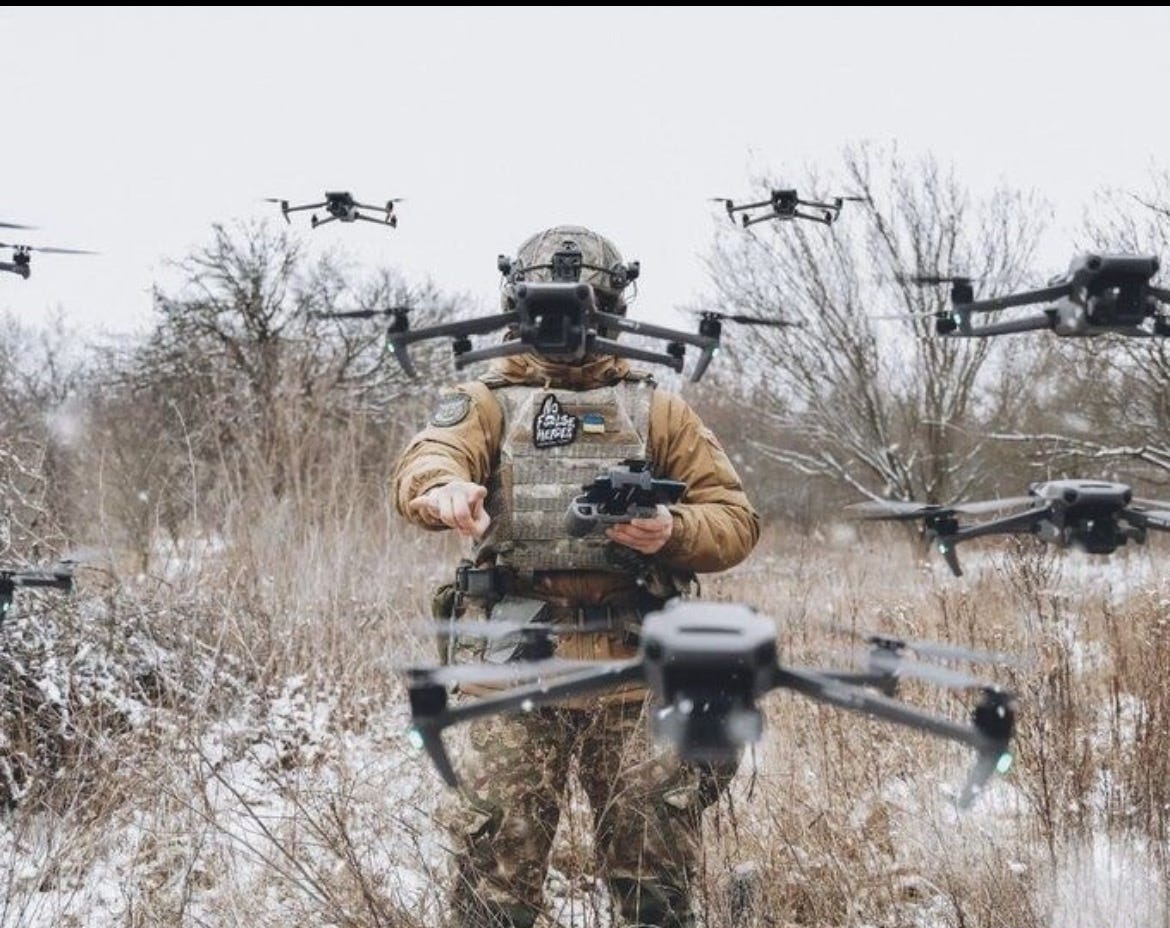
As drone and firearms technologies evolve, so too do the laws that govern their safe and lawful use. This growing complexity has created new opportunities for consultants who can guide businesses and agencies through an increasingly regulated landscape. Professionals who combine expertise in drone compliance and firearms regulation are now in high demand. According to many Sonoran Desert Institute reviews, graduates value SDI’s ability to provide practical, career-ready training in both fields. As an accredited institution by the Distance Education Accrediting Commission (DEAC), Sonoran Desert Institute (SDI) equips students with the technical skills and legal awareness needed to launch consulting careers that bridge aerospace innovation and firearms oversight.
Both fields are governed by detailed and evolving regulations tied closely to technological advancement. Skilled consultants help their clients remain legally compliant, while maximizing operational capabilities.
Table of Contents
Drone Compliance: FAA Part 107 and Beyond
Commercial drone operations in the United States are governed by the Federal Aviation Administration (FAA), primarily under Part 107 of the Federal Aviation Regulations. A drone compliance consultant assists clients with the following:
- FAA Part 107 certification and recurrent training.
- Airspace authorization and waivers for expanded operations.
- Navigating airspace classifications and restricted zones.
- Remote ID requirements and reporting obligations.
- Flight safety protocols and risk management.
As commercial drone use grows across industries like construction, real estate, agriculture and emergency response, businesses increasingly rely on consultants to help maintain compliant, efficient drone programs.
Firearms Regulation: Federal, State, and Local Compliance
Firearms businesses face a different but equally complex regulatory environment. A firearms compliance consultant advises clients on the following:
- Federal Firearms License (FFL) applications and renewals.
- National Firearms Act (NFA) compliance for regulated items.
- State-specific transfer, transport, and storage laws.
- Recordkeeping, background checks, and inventory controls.
- Import/export regulations and ITAR compliance for defense contractors.
Failure to comply with firearms regulations can result in severe penalties, license revocation or legal prosecution. Consultants help businesses establish protocols to remain compliant and audit ready.
Clients Served by Dual-Skill Consultants
A consulting practice that covers both drone compliance and firearms regulation can serve a broad client base, including:
- Commercial drone operators.
- Firearms retailers and manufacturers.
- Law enforcement agencies.
- Private security firms.
- Defense contractors and integrators.
- Industrial inspection and infrastructure companies.
These organizations benefit from working with advisors who understand the specific regulations governing both their drone operations and their firearms use or sales.
Developing Expertise in Two Regulated Industries
Successful consultants build their credibility through comprehensive technical education and regulatory knowledge. Preparation often includes:
- Earning FAA Part 107 certification.
- Completing firearms compliance and FFL management training.
- Staying current on federal, state, and international regulations.
- Participating in trade associations and regulatory conferences.
- Building partnerships with legal professionals for advanced regulatory interpretation.
Multidisciplinary training ensures professionals are prepared to advise clients with the technical and legal insight required in today’s regulated industries.
Policy Development and Internal Compliance Programs
One of the key ways compliance consultants support businesses is by helping them develop clear internal policies and procedures that stay in step with changing regulations. These include:
- Standard operating procedures for drone flights and mission planning.
- Employee training documentation for Part 107 certification and currency.
- Firearms inventory controls, storage protocols, and recordkeeping systems.
- Audit preparation protocols for federal and state inspections.
A proactive compliance program reduces business risk while demonstrating a commitment to legal responsibility.
Assisting Law Enforcement and Public Agencies
Many law enforcement agencies manage both firearms inventories and expanding drone programs. Consultants offer valuable services by:
- Advising on equipment acquisition and legal procurement.
- Assisting with documentation for state and federal audits.
- Helping agencies maintain compliant records for both firearms and drones.
- Supporting policy development for tactical drone use in policing.
Advisors serve as trusted partners to public safety organizations that require careful oversight across both fields.
Supporting Defense and Government Contractors
Defense contractors developing weapons-integrated drone systems face complex compliance obligations under U.S. export control laws and restrictions. Consultants with dual expertise assist these companies by:
- Evaluating compliance obligations for joint drone-firearms technologies.
- Supporting licensing and export applications for restricted components.
- Conducting risk assessments for international collaborations.
- Advising on government contract compliance and program audits.
Defense industry clients depend on specialists who can navigate both drone operations and firearms regulations under strict national security protocols.
Providing Risk Assessments and Compliance Audits
A strong consulting practice offers ongoing compliance audits and risk assessments that identify potential regulatory vulnerabilities before enforcement actions occur. Audits may include:
- Reviewing drone flight logs, airspace authorizations, and waiver records.
- Verifying FFL license records, background checks, and inventory counts.
- Examining employee training files and certification tracking.
- Assessing internal procedures for regulatory adherence and best practices.
These preventive assessments allow clients to correct deficiencies and strengthen their compliance programs.
Ethical Integrity and Professional Reputation
Operating a consulting business in highly regulated industries requires the highest standards of professional ethics. Successful consultants maintain:
- Absolute client confidentiality.
- Impartial regulatory guidance based on current law.
- Transparent billing and contract practices.
- Ongoing professional education to remain current.
Clients rely on consultants who consistently prioritize integrity, legal accuracy and professional responsibility.
Career Paths in Compliance Consulting
Graduates with dual expertise can pursue a variety of consulting roles, including:
- Drone program advisor.
- Firearms compliance specialist.
- Government and law enforcement auditor.
- Defense industry compliance manager.
- Security and export regulation consultant.
These roles offer opportunities to work across industries while helping businesses and agencies meet strict regulatory standards.
Collaboration With Legal and Industry Professionals
Compliance consultants often collaborate with attorneys, trade associations and regulatory bodies to:
- Monitor legal developments and regulatory changes.
- Develop client training programs and certification courses.
- Conduct seminars or workshops for industry professionals.
- Support government rulemaking and industry standards initiatives.
These partnerships strengthen consulting practices, while helping shape responsible industry growth.
The combination of drone compliance and firearms regulation creates a specialized consulting niche with growing demand. As both industries continue to advance, businesses and public agencies will increasingly rely on knowledgeable professionals who can navigate the legal, operational and safety challenges of these regulated sectors.
Institutions like Sonoran Desert Institute prepare students with practical skills and regulatory insight to meet the demands of drone compliance and firearms consulting. As new laws and technologies emerge, consultants with multidisciplinary training will be essential in supporting clients as they manage intricate regulatory demands and operational standards.

